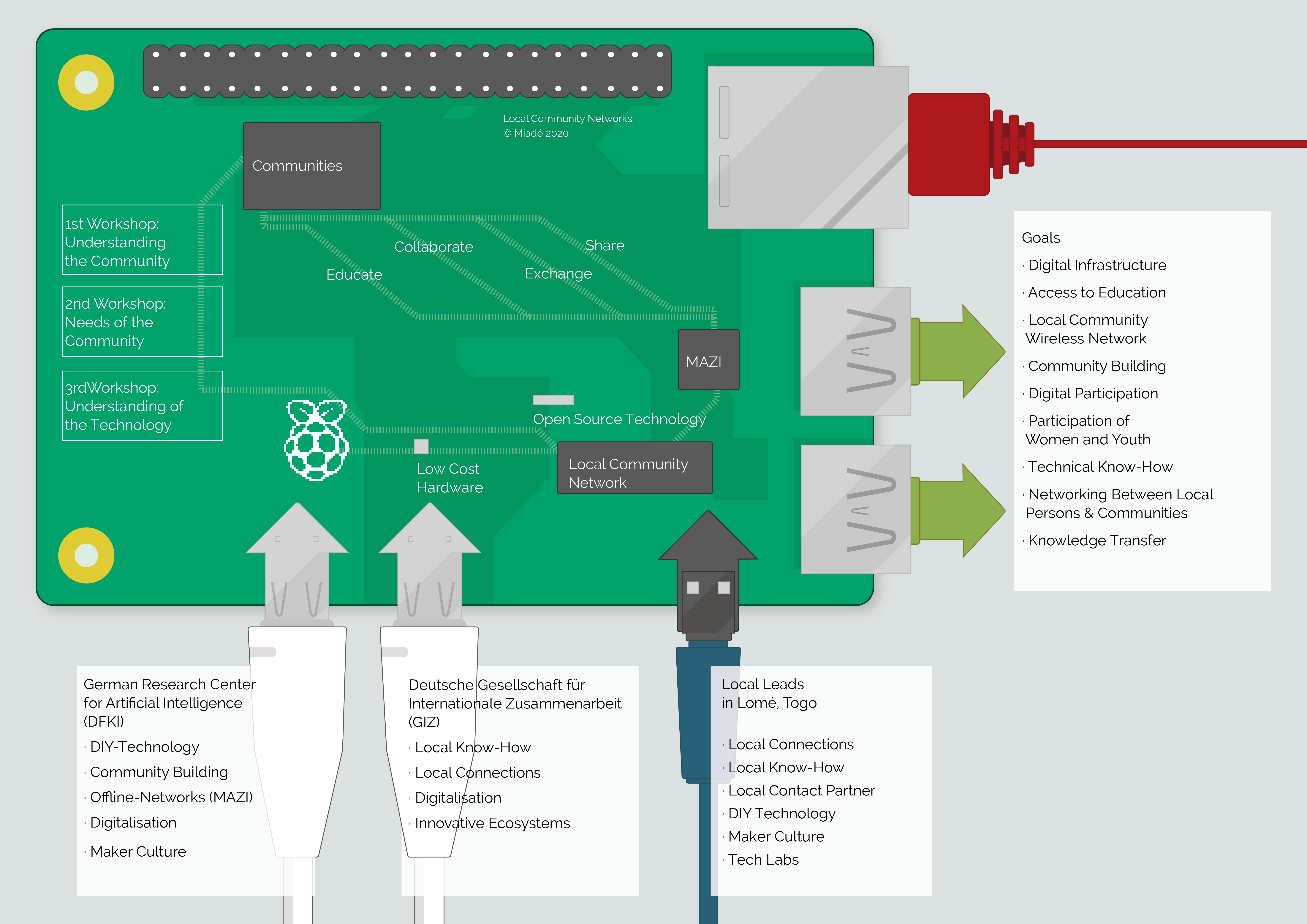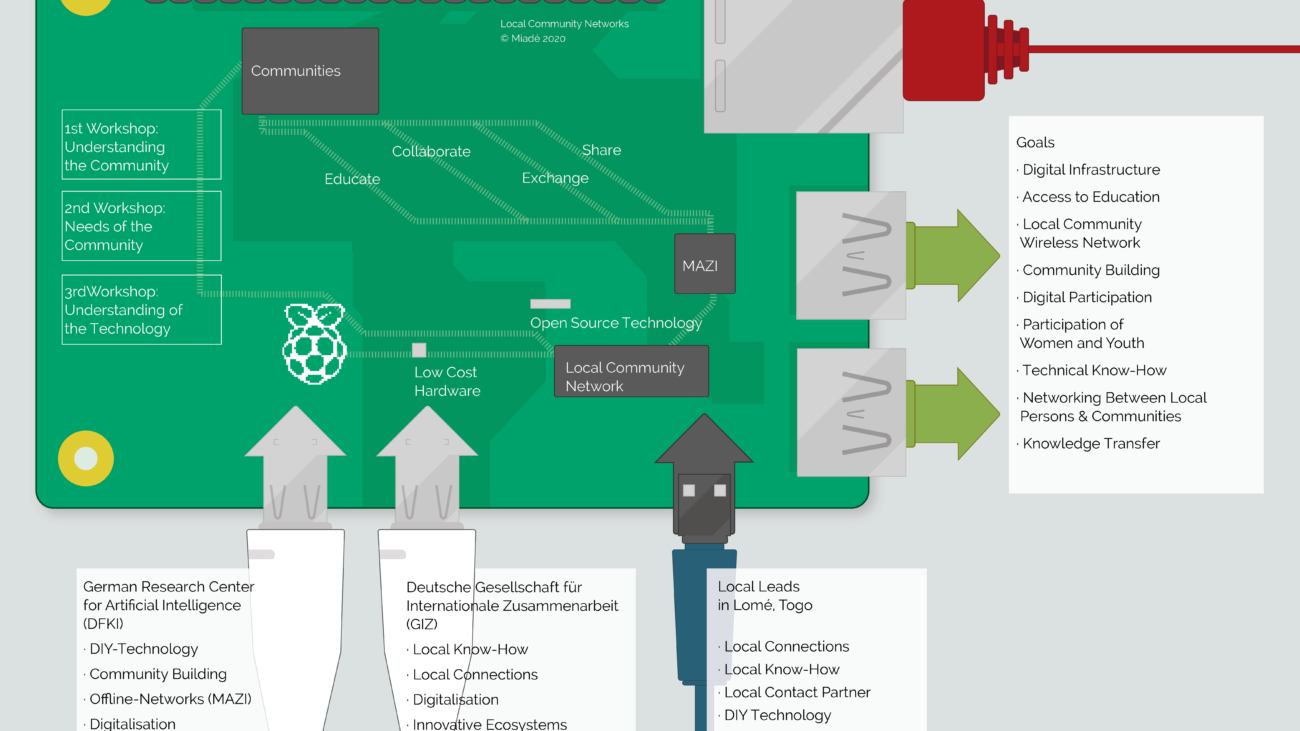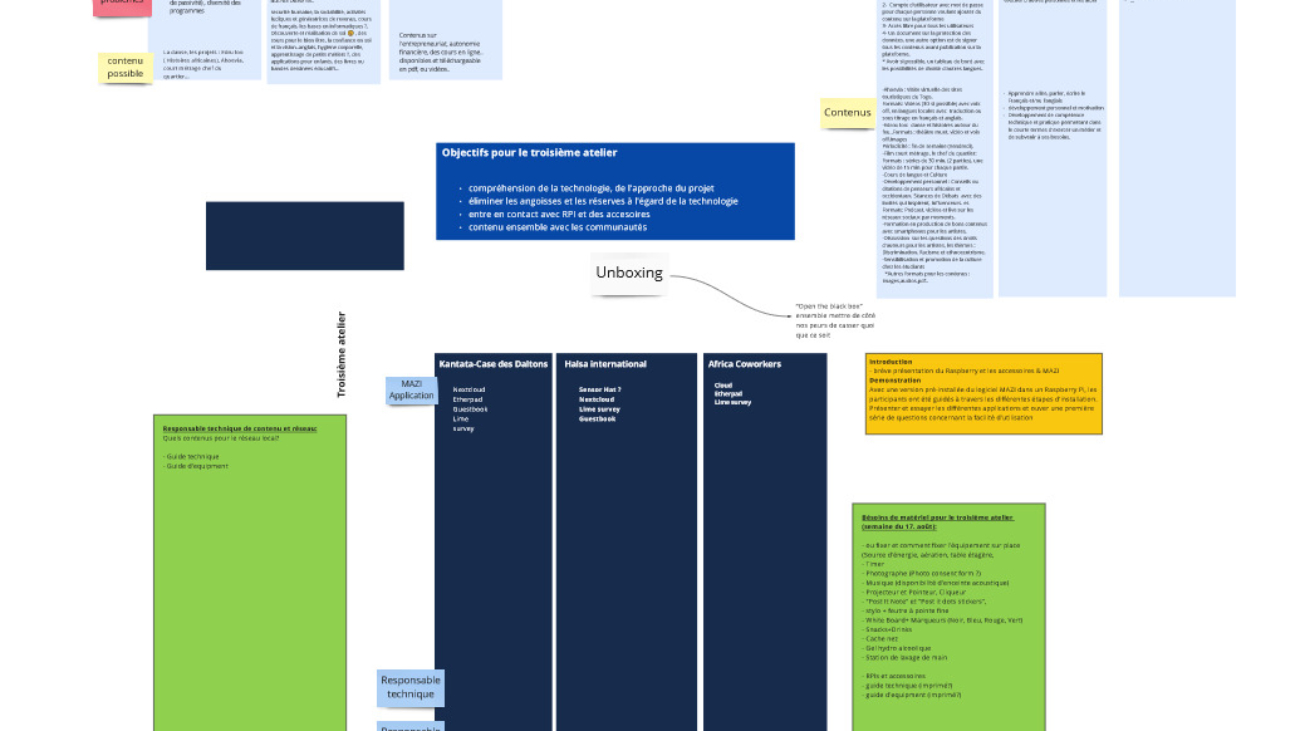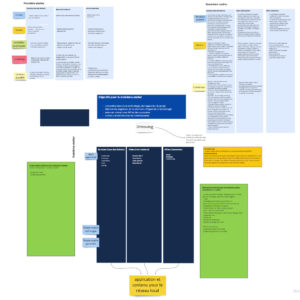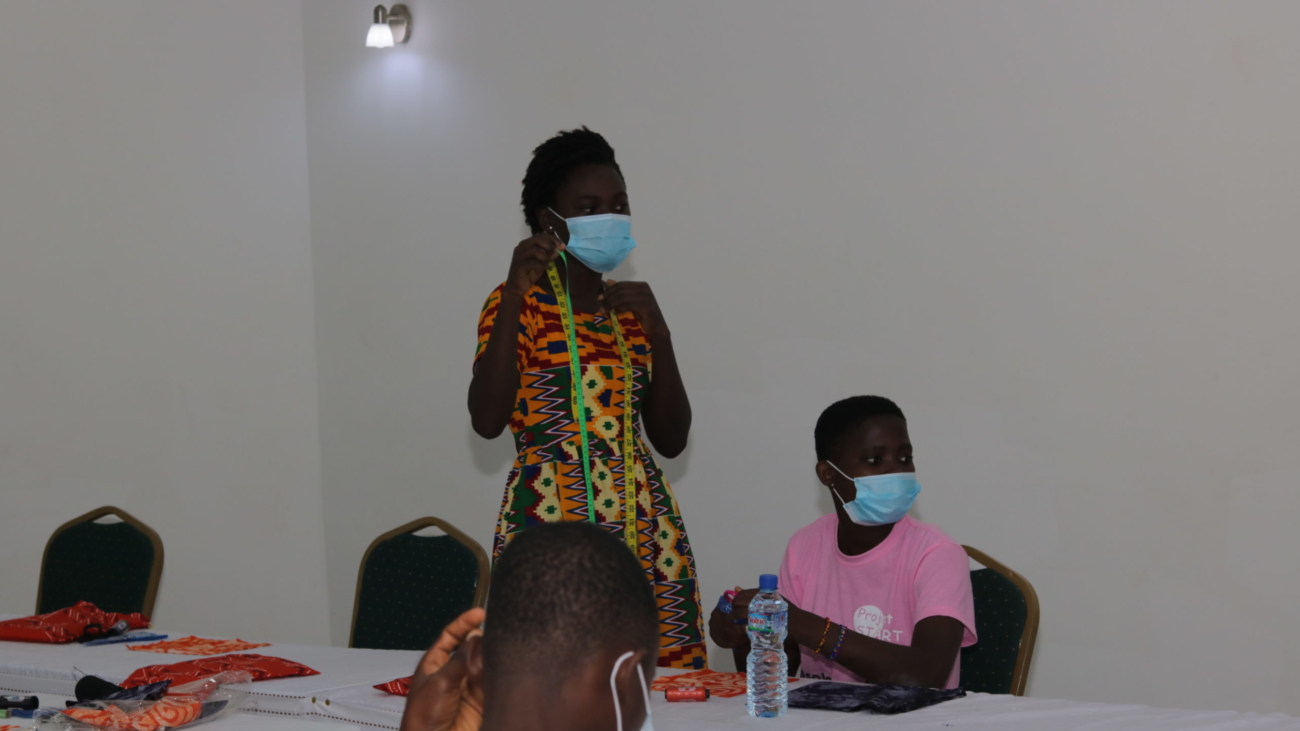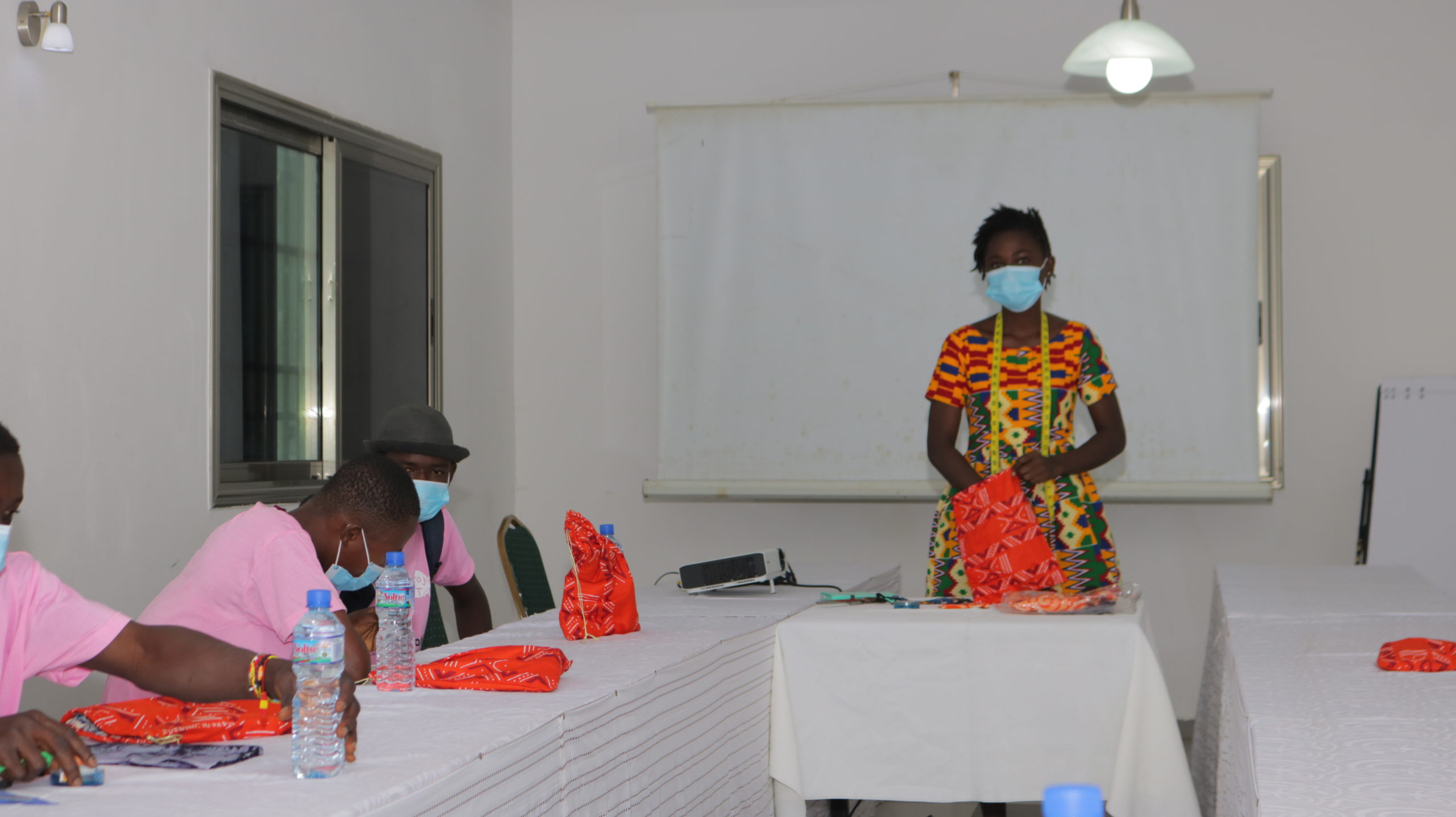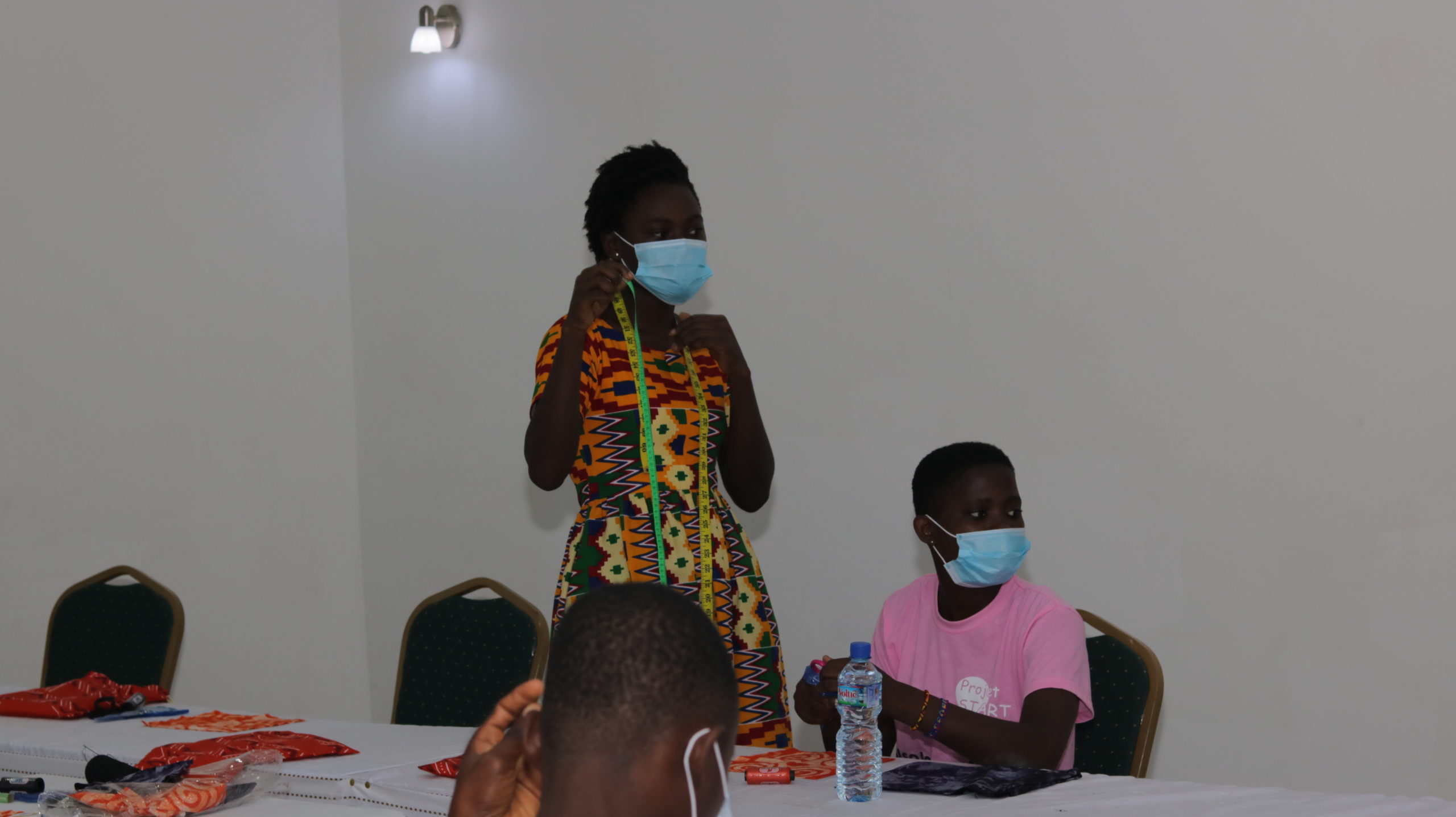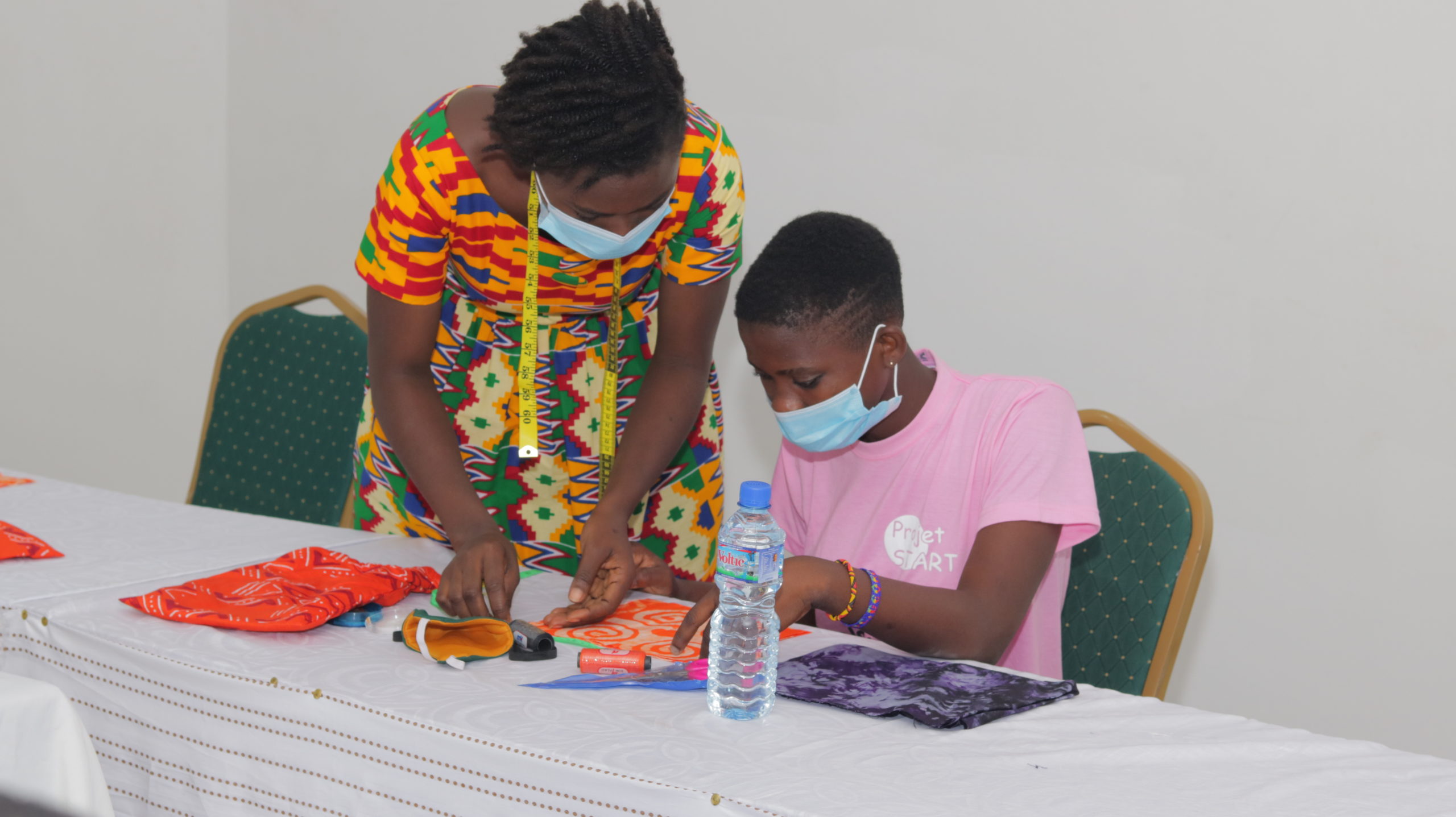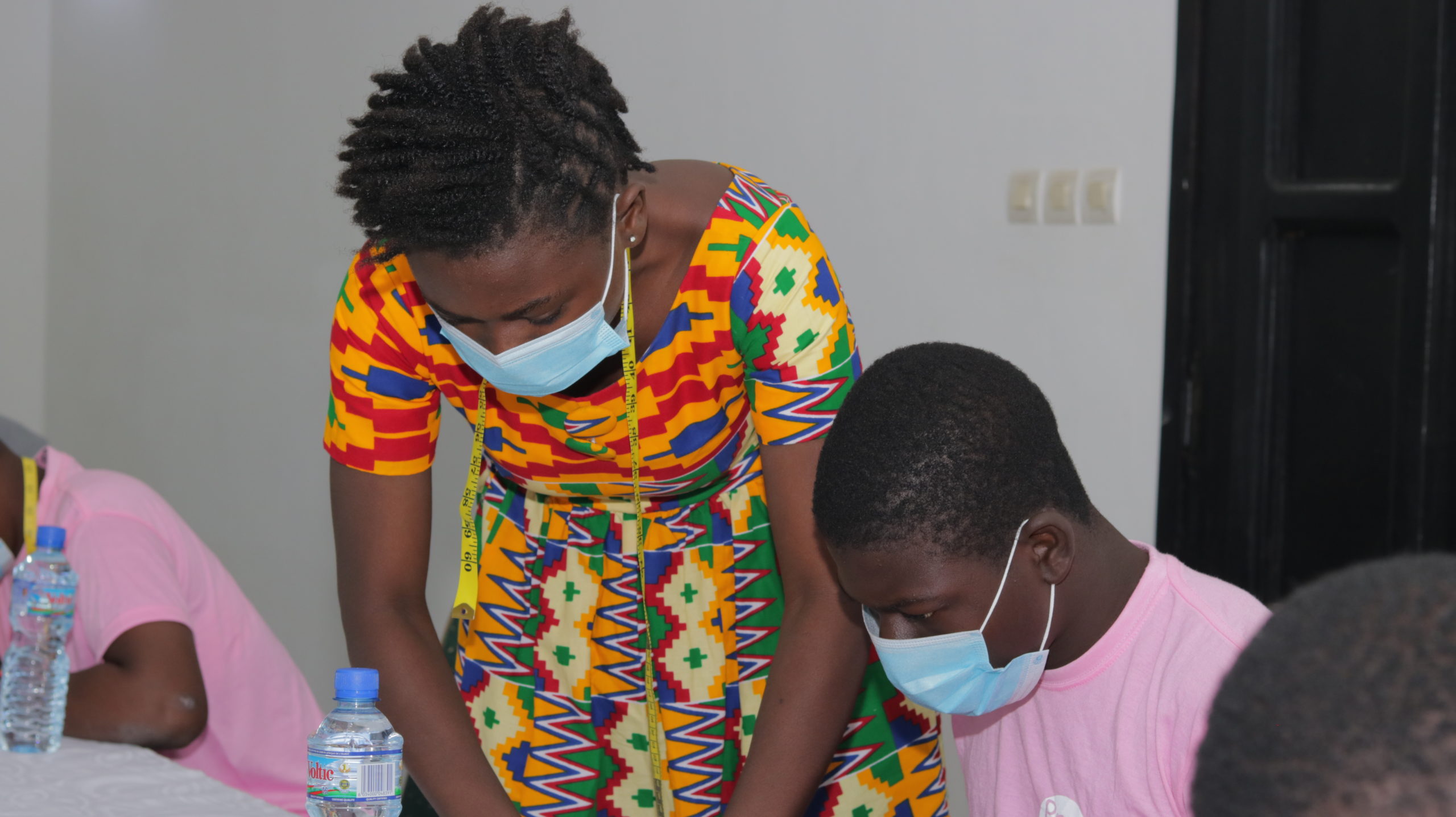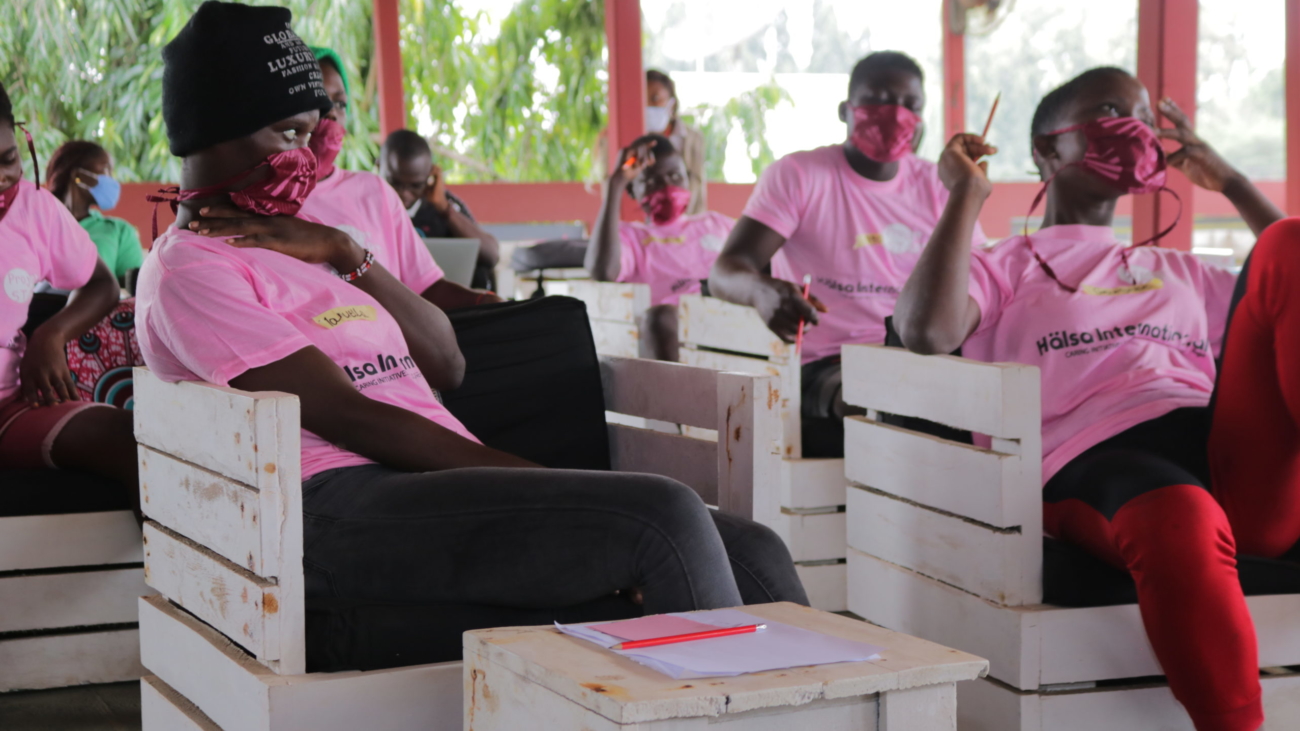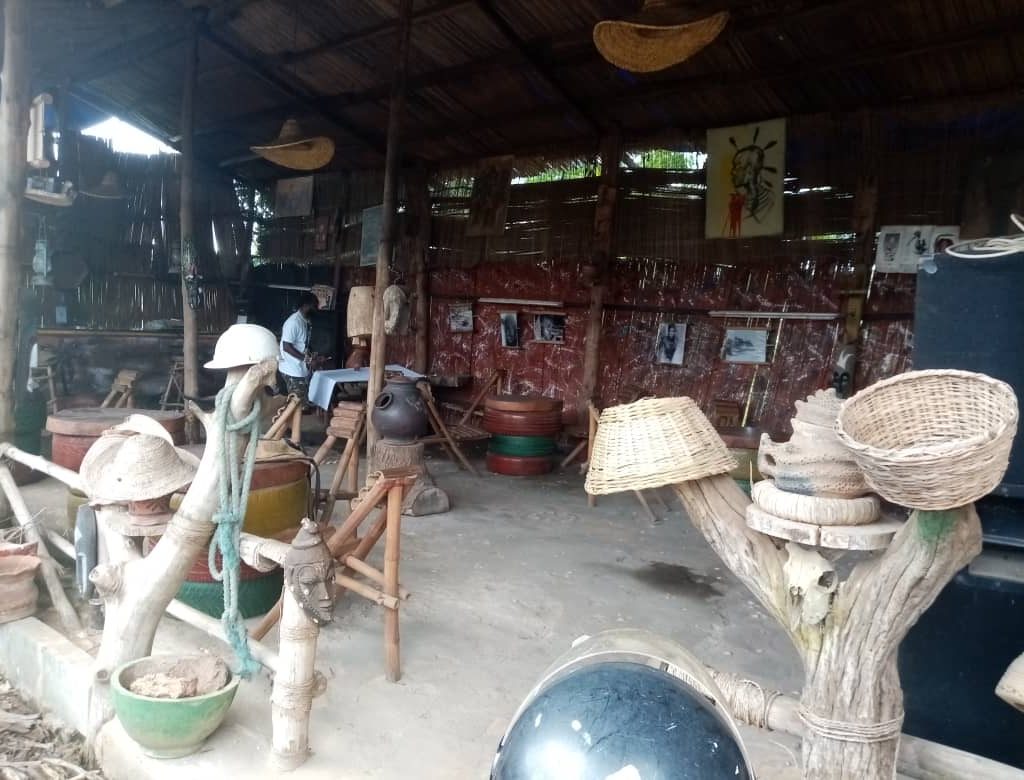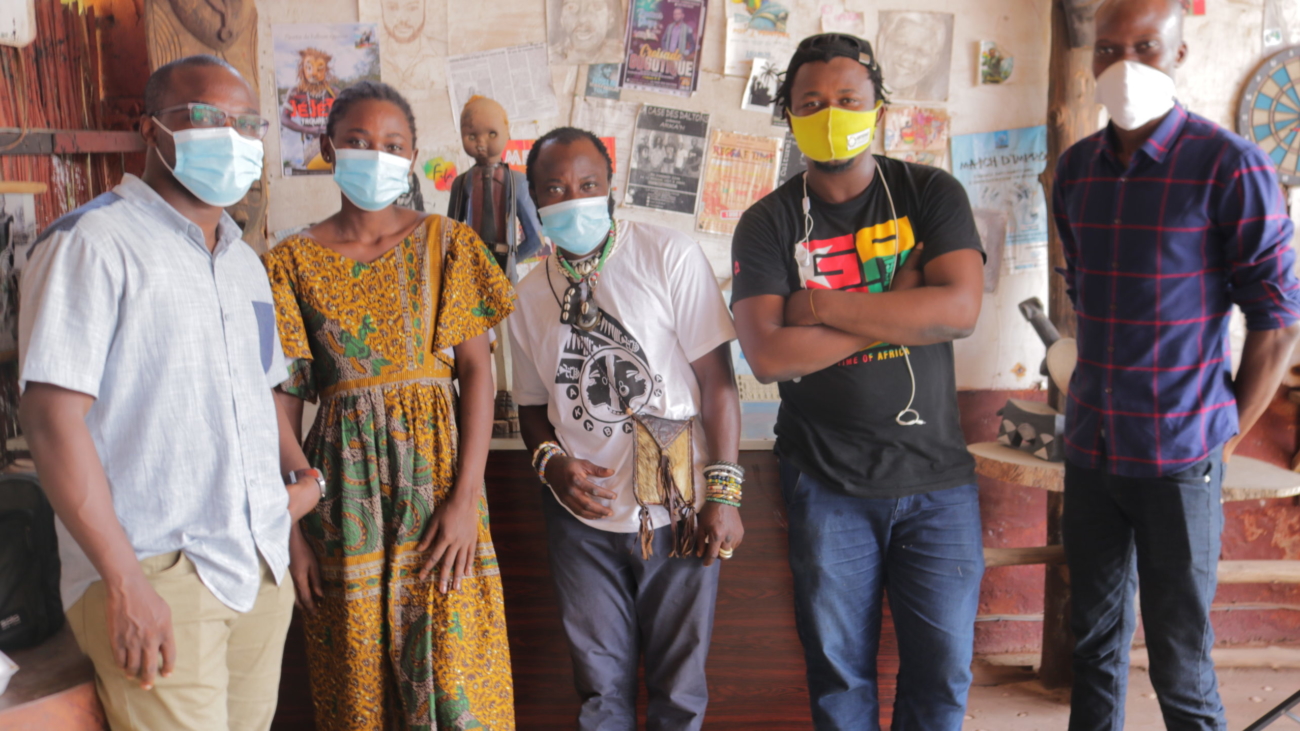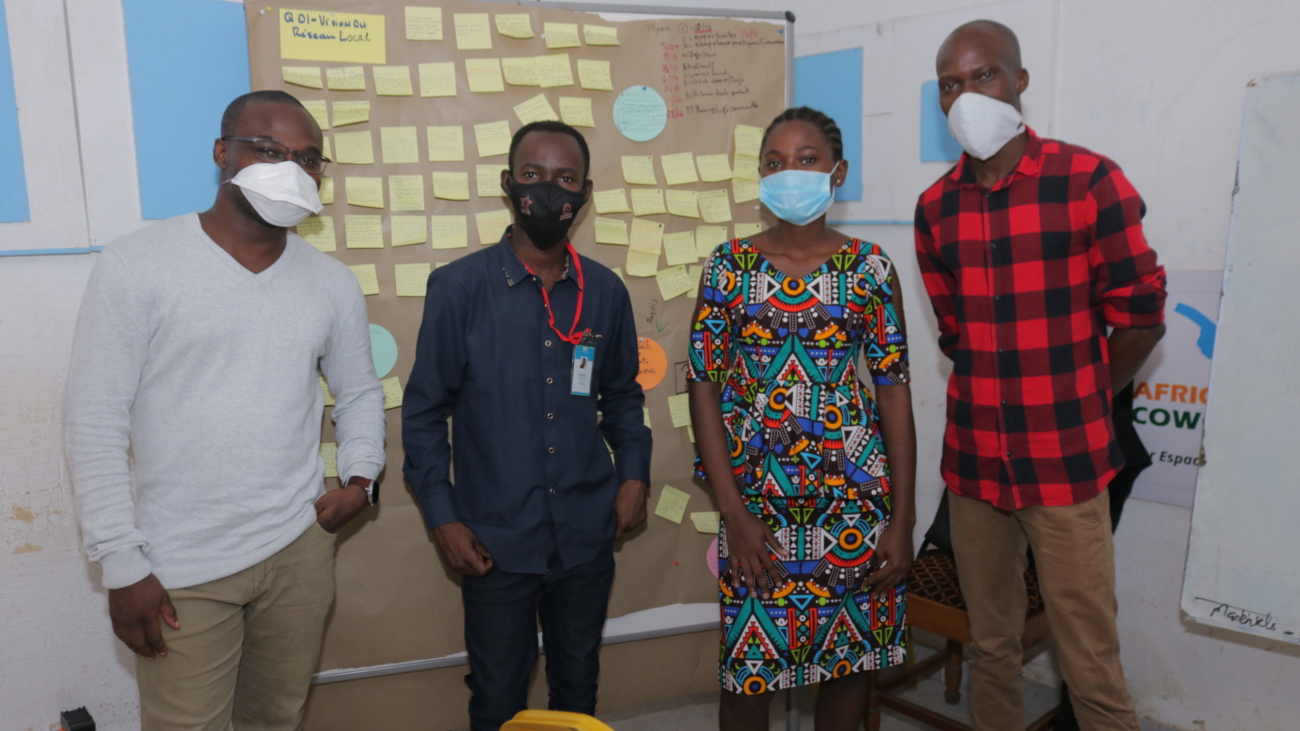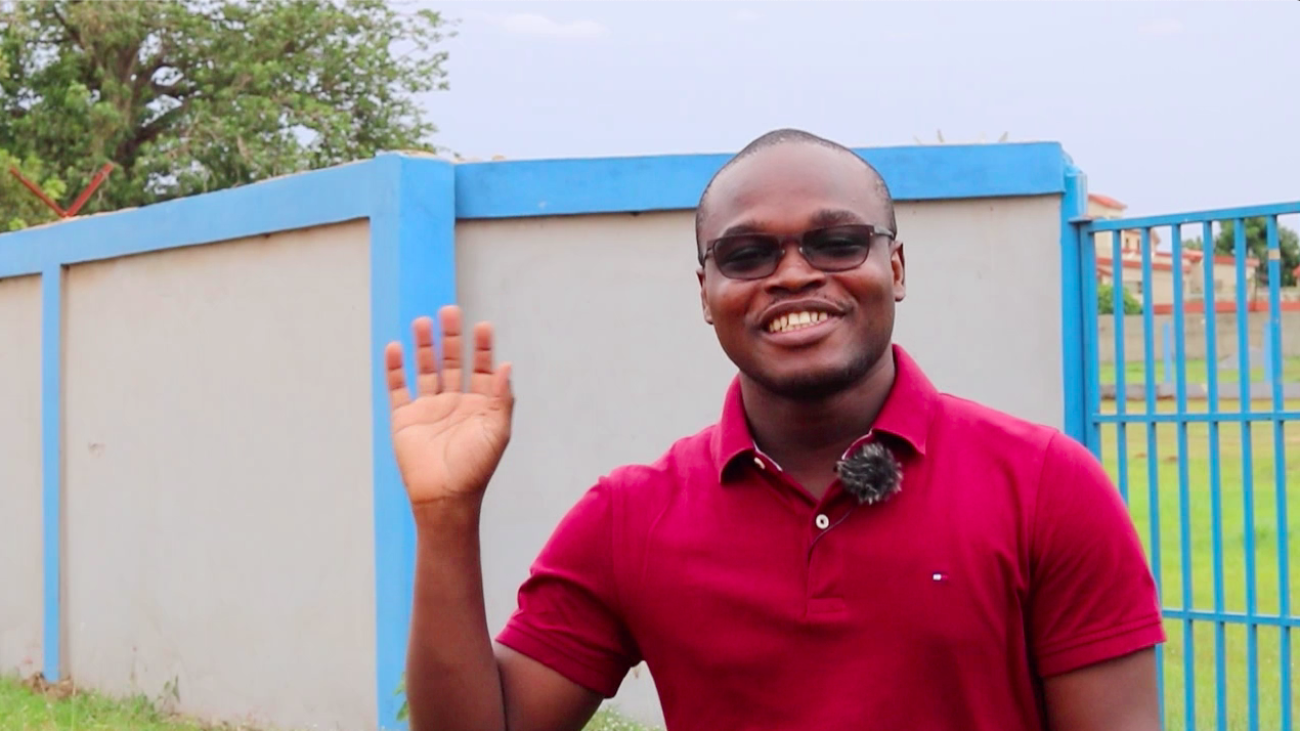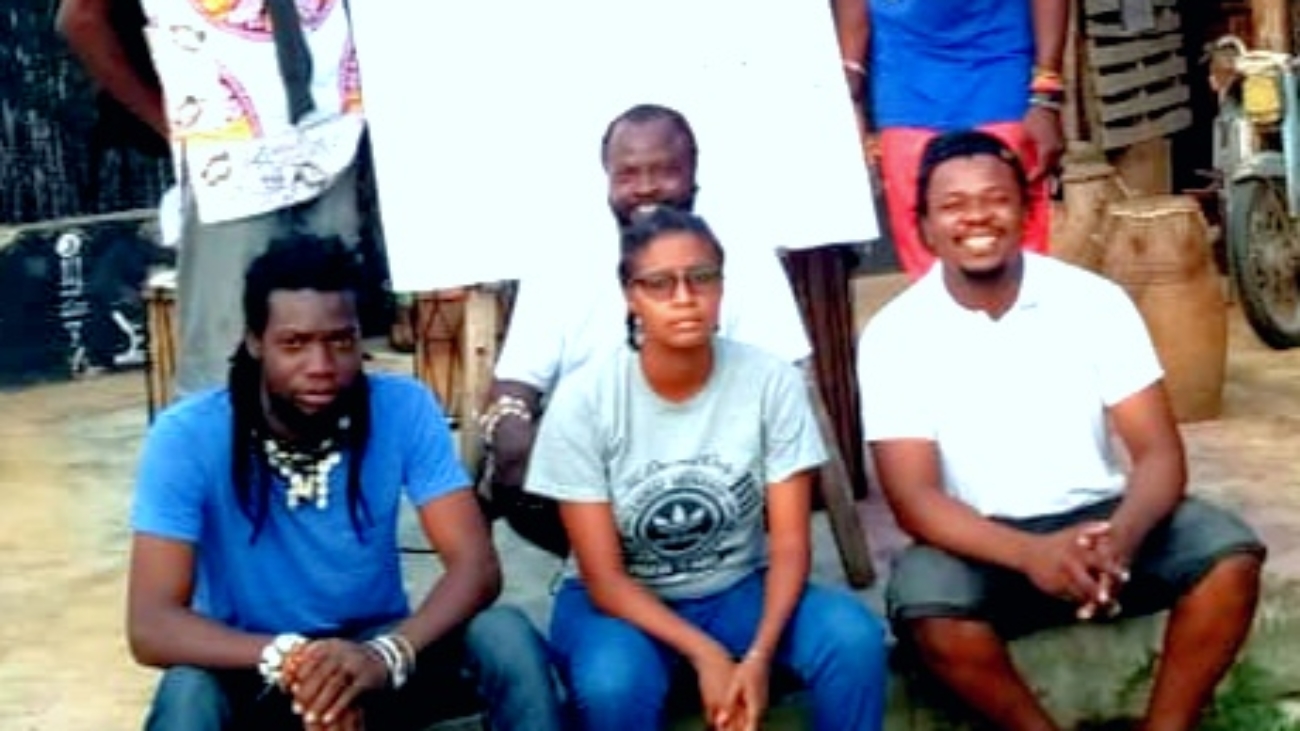The aim of the first workshop was to get to know our three communities better, in order to understand their needs and wishes and the differences between the three communities.
They received the following 5 questions to be answered via WhatsApp voice message.
- Describe the location of your community.
- What are the people in your community doing here?
- What are you doing together within your community?
- What do you like about your community?
- What do you like to change in your community?
The results where quite different for each of the communities
KANTATA
The members of the Kantata community go to the cultural centre in order to attend concerts, exhibitions, reggae nights, dances, shows and other organized activities.
They love the beauty and the artistic and cultural aspect of the place and they enjoy doing percussion, ballet and dance training.
For the members of the community, the particularity of the community centre is its originality, the location and the calm environment. Community interests include art, photography, vodou, African traditions, training, internships and cultural exchanges.
What is missing in the programs according to the community members is the diversity of the programs, they would for example prefer having more concerts.
As proposals for activities or content to upload on the raspberry pis the members of the communities already had great ideas. They suggested the short film “le chef du quartier”, a virtual tour of the exhibitions of Lomé, Edru loooo and Ahoévia (African stories) and a virtual tour of tourist places in Togo.
With unlimited powers, the community would like to expand the center and bring more visibility to it. They want to promote Togolese culture internationally, create studios for artists, organize national and international fairs and create other similar centres in other regions or localities. In addition, they would like more education and training opportunities.
HÄLSA International
The children in the Halsa International community replied to the given questions in a different way than the other communities.
If the children had super powers, they would want to change their life and the city of Kodjoviakopé, which is a district west of downtown Lomé. They would like to stop all of the violence and theft in the streets and markets. Furthermore they would like to bring all the children living on the streets back home. The children want to stop the bad deeds, wrongdoers and little „gris-gris“ (vodou) in the neighborhood.
In addition, they would like to do a job to become somebody and to take care of their families. The places that the children like are the Zongo Market, Frontiers (Kodjoviakopé) and Katanga, because they meet their friends there to have fun, there is an interesting environment and moreover there are small jobs and the possibility to earn some money. There are also places that children don’t like, because there are fights and violence.
AFRICA COWORKERS
The members of the Africa coworkers community, see their community as a get-together of young, entrepreneurial people, who work together in order to motivate themselves, to face their challenges and to personally evolve and develop initiatives. They see themselves as Servants of Africa and as the entrepreneurial youth.
The uniqueness of their community is the sharing of experiences and skills in a family atmosphere, which is also stimulating and motivating. For them, reaching the next level means having autonomy and financial security, launching their projects throughout the territory and achieving their goals and dreams.
The most important thing about their community is the assurance of being able to count on others in difficult times, the family atmosphere and the sharing of experience that motivates everyone to reach their personal goal. They hope to be actors of development, particularly considering the well-being of Togolese youth. They want to accompany young people, so that they have access to job opportunities and anyone can have success without exception.
For the community to be better and go to the next level they wish for a larger space with several well-equipped offices. They would like to have a computer room with at least 20 computer stations. This would be a great help for people who come for training but do not have computers. They would like to receive more resources, especially financial resources for the community, so that they can have training in PDF files, training videos with a reasonable capacity, as well as free and paid training (at a lower cost). With the help of these resources they could help young entrepreneurs to develop their activity, to facilitate access to training, jobs and the realization of their dreams.
If they had unlimited resources they would like to improve the community and make the world a better place. They would install other small communities like their own in villages and areas of Togo with a good internet connection, in order to enable all young people in these areas the access to high quality training. They would be a financial partner and offer training opportunities that would allow other communities to learn as well. The communities aim is to make life easier through the creation of business opportunities throughout the whole country, so that they can contribute to the socio-economic development of Togo.
The first workshop went very well and gave us a great impression of the life within the three communities. With the help of these results, we can now start the preparations for the second Workshop. In the second workshop, which will be conducted by the Local Leads, we will be collecting more ideas for content to upload on the raspberry pis with the communities and we will be talking about the technological opportunities and functions of the local networks.
For the three workshops we will be using different methods, so that each method suits the needs and wishes of each community.
You can read more about the second workshop in the second Blog article.
